Miscarriage
How to submit an article:
- Registered users can submit any published journal article that has a unique DOI (Digital Object Identifier) name or link to Research Hub.
- For example, you can paste the full DOI link:
https://doi.org/10.1109/5.771073or just the DOI name:10.1109/5.771073into the field above and click submit. - The person who is first to submit a valid article to Research Hub will forever be credited for it, and every article submission earns you +6 Research Points.
Also known as: Pregnancy Loss
Sub-Topics:
Related Topics
Published research studies are articles that present the findings of original research that has undergone a peer-review process and has been made publicly available in scholarly journals, books or other media.

Uncovering the pharmacological mechanism of Shou Tai Wan on recurrent spontaneous abortion: A integrated pharmacology strategy-based research
2024 Apr Journal of Ethnopharmacology Yang K, Zeng L, Li Y, Wu L, Xiang W, Wu X, et al.
Shou Tai Wan (STW) was found to regulate PI3K/AKT, MAPK, and FoxO signaling pathways, and in animal experiments with an RSA mouse model, STW reduced embryo absorption rates, balanced Th1/Th2 cytokine expression, and demonstrated immunomodulatory effects by up-regulating the phosphorylation levels of STAT3 and STAT6 proteins and down-regulating STAT1 protein in the STAT signaling pathway. Additionally, STW up-regulated phosphorylation levels of proteins in the MAPK signaling pathway, and increased expression levels of ERK1/2 mRNA and proteins, suggesting potential therapeutic effects in treating RSA through interference with these signaling pathways.
Experimental Study Animal Study Shou Tai Wan Recurrent Spontaneous Abortion
Effects of Acupuncture Combined with Moxibustion on Reproductive and Metabolic Outcomes in Patients with Polycystic Ovary Syndrome: A Systematic Review and Meta-Analysis
2022 Mar 31 Evidence-Based Complementary and Alternative Medicine Li P, Peng J, Ding Z, Zhou X, Liang R
Systematic Review Meta-Analysis Acupuncture MoxibustionAmong patients with PCOS, the combined use of acupuncture and moxibustion as a complementary therapy has additional efficacy regarding increased pregnancy and ovulation rates and reduced miscarriage rate.

A Potential Mechanism of Kidney-Tonifying Herbs Treating Unexplained Recurrent Spontaneous Abortion: Clinical Evidence From the Homogeneity of Embryo Implantation and Tumor Invasion
2022 Jan 26 Frontiers in Pharmacology Zhou H, Yang Y, Deng L, Yao Y, Liao X
KTH has great potential for treating URSA. Because the maintenance of pregnancy has a high similarity with tumor invasion, the research relating to tumor mechanisms should also be followed up as it may lead to new ideas and breakthroughs for research into URSA. At the same time, embryonic and decidual cells share a high degree of cellular heterogeneity and spatial structural complexity with tumor cells, and a single cell combined with spatial omics may be the best future approach for validating KTH mechanisms.
Systematic Review Recurrent Spontaneous Abortion Kidney-Tonifying Herbs Unexplained Recurrent Spontaneous Abortion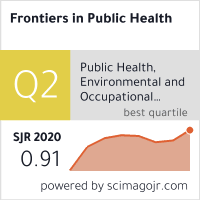
An Overview of Systematic Reviews of Acupuncture for Infertile Women Undergoing in vitro Fertilization and Embryo Transfer
2021 Apr 20 Frontiers in Public Health Wang X, Wang Y, Wei S, He B, Cao Y, Zhang N, et al.
Systematic Review AcupunctureBased on the current evidence, acupuncture appears to be beneficial to increase the clinical pregnancy rate in women undergoing in vitro fertilization and embryo transfer.
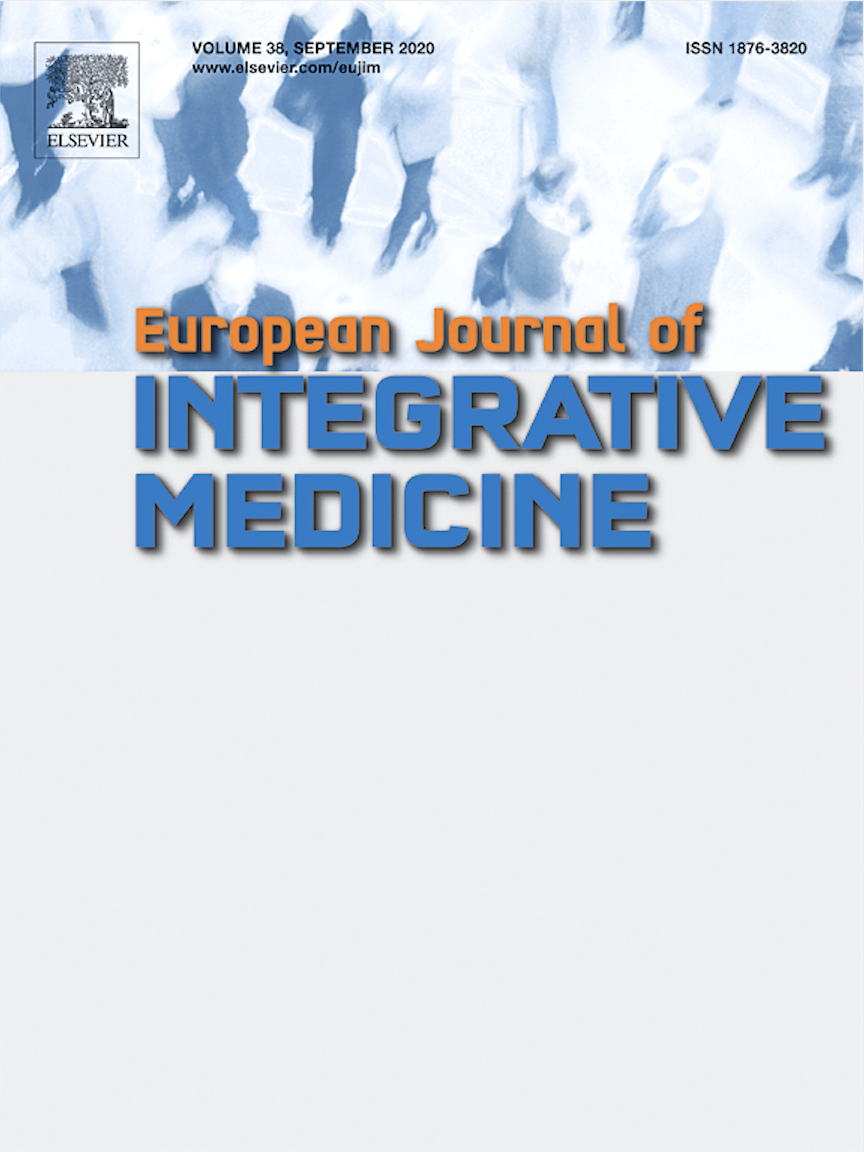
Effectiveness of different acupuncture for infertility: Overview of systematic reviews and network meta-analysis
2020 Dec European Journal of Integrative Medicine Zhang, J., He, Y., Liu, Y., et al.
Systematic Review Meta-Analysis Female FertilityCompared with western medicine, acupuncture significantly increased the pregnancy and ovulation rates, as well as reducing the rate of miscarriages among Chinese women with infertility.
Research insights are moderated by the Research Hub team and offer an at-a-glance overview of interesting research findings.

2022 Evidence-Based Complementary and Alternative Medicine
Among patients with PCOS, the combined use of acupuncture and moxibustion as a complementary therapy has additional efficacy regarding increased pregnancy and ovulation rates and reduced miscarriage rate.
Systematic Review Acupuncture Moxibustion
Effects of Acupuncture Combined with Moxibustion on Reproductive and Metabolic Outcomes in Patients with Polycystic Ovary Syndrome: A Systematic Review and Meta-Analysis
Li P, Peng J, Ding Z, Zhou X, Liang R

2021 Frontiers in Public Health
Based on the current evidence, acupuncture appears to be beneficial to increase the clinical pregnancy rate in women undergoing in vitro fertilization and embryo transfer.
Systematic Review Acupuncture
An Overview of Systematic Reviews of Acupuncture for Infertile Women Undergoing in vitro Fertilization and Embryo Transfer
Wang X, Wang Y, Wei S, He B, Cao Y, Zhang N, et al.
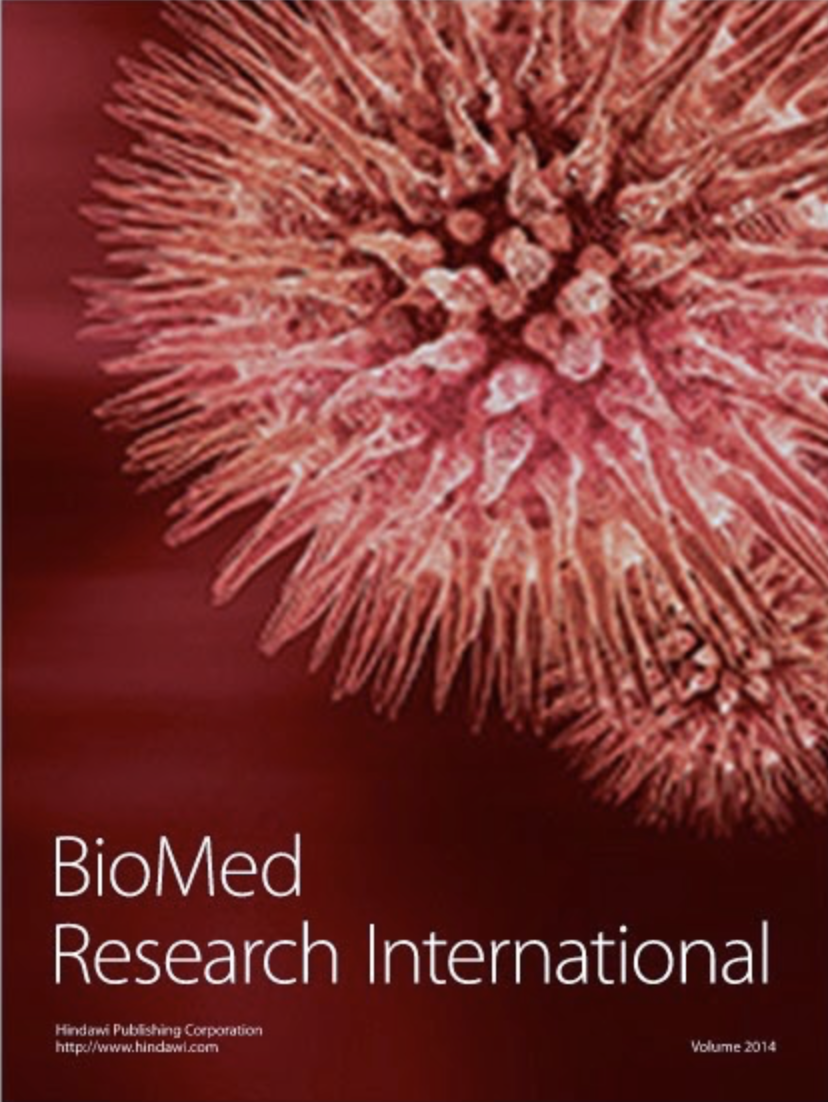
2020 BioMed Research International
Endometriosis and Adenomyosis can have impact on miscarriage risk in pregnancy.
Systematic Review Pregnancy
Miscarriage on Endometriosis and Adenomyosis in Women by Assisted Reproductive Technology or with Spontaneous Conception: A Systematic Review and Meta-Analysis
Yangxue Huang, Xianhong Zhao, Yiyuan Chen, Jie Wang, Weilin Zheng, Lixing Cao

2020 European Journal of Integrative Medicine
Compared with western medicine, acupuncture significantly increased the pregnancy and ovulation rates, as well as reducing the rate of miscarriages among Chinese women with infertility.
Systematic Review Female Fertility
Effectiveness of different acupuncture for infertility: Overview of systematic reviews and network meta-analysis
Zhang, J., He, Y., Liu, Y., et al.

2018 European Journal of Integrative Medicine
Acupuncture treatment is beneficial in vitro fertilization (IVF) or intracytoplasmic sperm injection (ICSI) for improving the clinical pregnancy, implantation, and live birth outcomes.
Systematic Review
Effects of acupuncture during in vitro fertilization or intracytoplasmic sperm injection: An updated systematic review and meta-analysis
Zhang X, Lee MS, Smith CA, Robinson N, Zhou Y, Wu Y, et al.
Review Articles
Review articles summarise and critically evaluate the current state of research on a specific topic or field by synthesising multiple primary research studies.

Effects of Acupuncture Combined with Moxibustion on Reproductive and Metabolic Outcomes in Patients with Polycystic Ovary Syndrome: A Systematic Review and Meta-Analysis
2022 Mar 31 Evidence-Based Complementary and Alternative Medicine Li P, Peng J, Ding Z, Zhou X, Liang R
Systematic Review Meta-Analysis Acupuncture MoxibustionAmong patients with PCOS, the combined use of acupuncture and moxibustion as a complementary therapy has additional efficacy regarding increased pregnancy and ovulation rates and reduced miscarriage rate.

A Potential Mechanism of Kidney-Tonifying Herbs Treating Unexplained Recurrent Spontaneous Abortion: Clinical Evidence From the Homogeneity of Embryo Implantation and Tumor Invasion
2022 Jan 26 Frontiers in Pharmacology Zhou H, Yang Y, Deng L, Yao Y, Liao X
KTH has great potential for treating URSA. Because the maintenance of pregnancy has a high similarity with tumor invasion, the research relating to tumor mechanisms should also be followed up as it may lead to new ideas and breakthroughs for research into URSA. At the same time, embryonic and decidual cells share a high degree of cellular heterogeneity and spatial structural complexity with tumor cells, and a single cell combined with spatial omics may be the best future approach for validating KTH mechanisms.
Systematic Review Recurrent Spontaneous Abortion Kidney-Tonifying Herbs Unexplained Recurrent Spontaneous Abortion
An Overview of Systematic Reviews of Acupuncture for Infertile Women Undergoing in vitro Fertilization and Embryo Transfer
2021 Apr 20 Frontiers in Public Health Wang X, Wang Y, Wei S, He B, Cao Y, Zhang N, et al.
Systematic Review AcupunctureBased on the current evidence, acupuncture appears to be beneficial to increase the clinical pregnancy rate in women undergoing in vitro fertilization and embryo transfer.

Effectiveness of different acupuncture for infertility: Overview of systematic reviews and network meta-analysis
2020 Dec European Journal of Integrative Medicine Zhang, J., He, Y., Liu, Y., et al.
Systematic Review Meta-Analysis Female FertilityCompared with western medicine, acupuncture significantly increased the pregnancy and ovulation rates, as well as reducing the rate of miscarriages among Chinese women with infertility.

Miscarriage on Endometriosis and Adenomyosis in Women by Assisted Reproductive Technology or with Spontaneous Conception: A Systematic Review and Meta-Analysis
2020 Dec 8 BioMed Research International Yangxue Huang, Xianhong Zhao, Yiyuan Chen, Jie Wang, Weilin Zheng, Lixing Cao
Systematic Review Meta-Analysis PregnancyEndometriosis and Adenomyosis can have impact on miscarriage risk in pregnancy.
Clinical Trials
Clinical trials are research studies that involve people and are conducted to evaluate the safety and efficacy of new treatments or interventions, such as drugs, medical devices, or behavioural therapies.
Study Protocols
Published study protocols are detailed plans that outline the objectives, methodology, statistical analyses, and organisation of a research study that have been made publicly available for others to review and use as a reference.
Presentation Slides

Systematic Review
Among patients with PCOS, the combined use of acupuncture and moxibustion as a complementary therapy has additional efficacy regarding increased pregnancy and ovulation rates and reduced miscarriage rate.
Li P, Peng J, Ding Z, Zhou X, Liang R

Systematic Review
Based on the current evidence, acupuncture appears to be beneficial to increase the clinical pregnancy rate in women undergoing in vitro fertilization and embryo transfer.
Wang X, Wang Y, Wei S, He B, Cao Y, Zhang N, Li M

Systematic Review
Endometriosis and Adenomyosis can have impact on miscarriage risk in pregnancy.
Yangxue Huang, Xianhong Zhao, Yiyuan Chen, Jie Wang, Weilin Zheng, Lixing Cao

Systematic Review
Compared with western medicine, acupuncture significantly increased the pregnancy and ovulation rates, as well as reducing the rate of miscarriages among Chinese women with infertility.
Zhang, J., He, Y., Liu, Y., Huang, X., & Yu, H.

Systematic Review
Acupuncture treatment is beneficial in vitro fertilization (IVF) or intracytoplasmic sperm injection (ICSI) for improving the clinical pregnancy, implantation, and live birth outcomes.
Zhang X, Lee MS, Smith CA, Robinson N, Zhou Y, Wu Y, Mao YY, Qu F
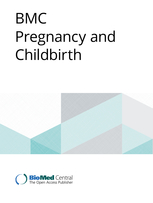
Randomised Controlled Trial
Acupuncture was a feasible intervention and reduced threatened miscarriage symptoms when compared to a touch intervention.
Betts D, Smith CA, Dahlen HG.
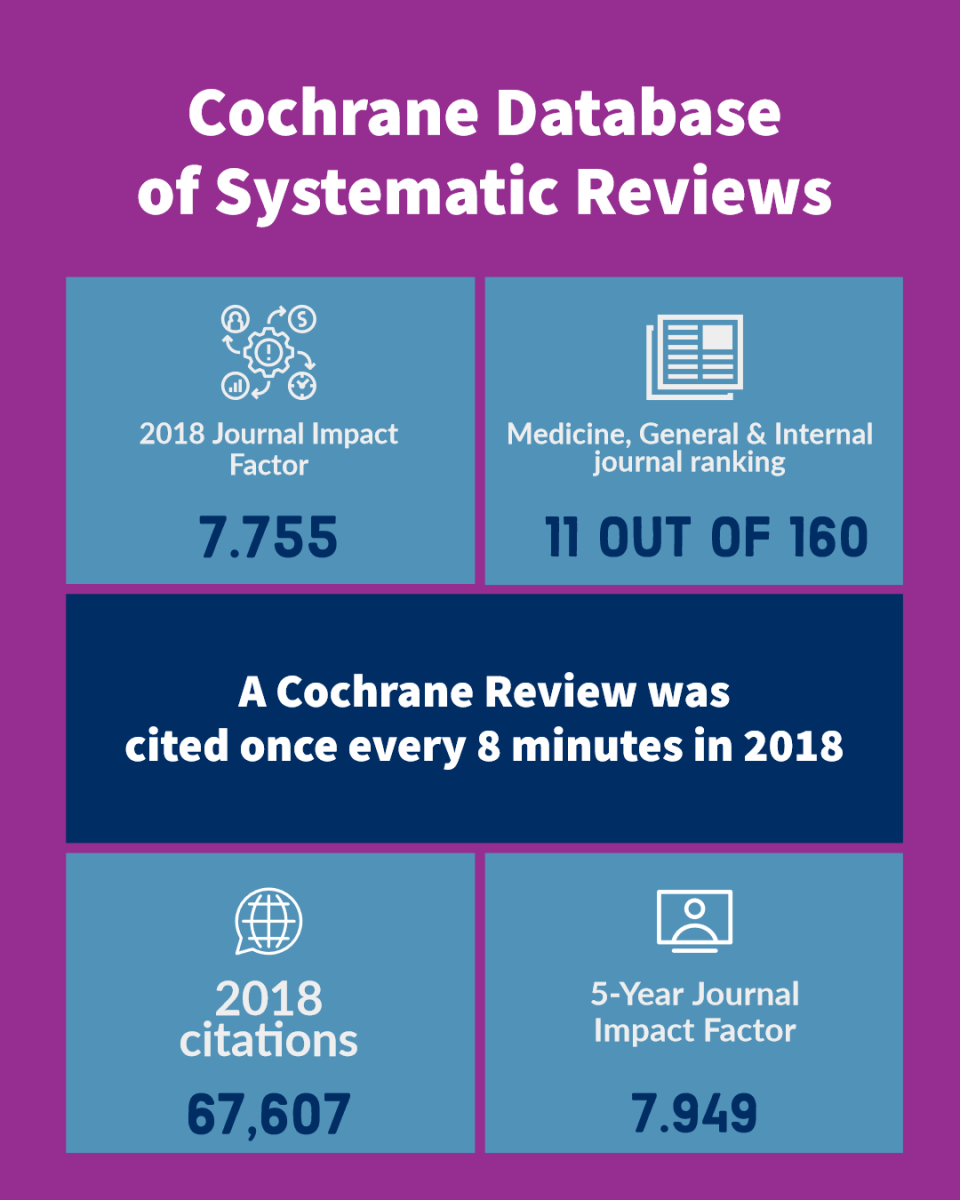
Systematic Review
Despite its widespread use during assisted reproductive technology (ART) cycles, acupuncture does not appear to improve live birth or pregnancy rates in couples dealing with subfertility.
Cheong YC, Dix S, Hung Yu Ng E, Ledger WL, Farquhar C
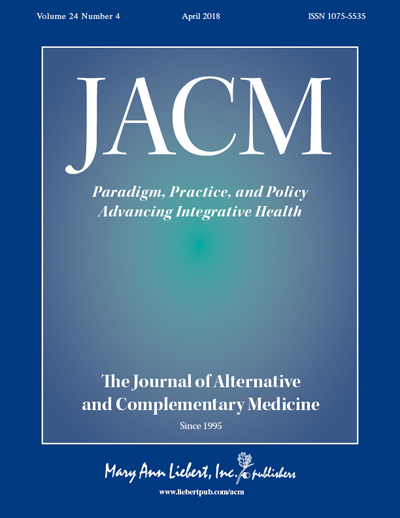
Systematic Review
The meta-analysis suggests that acupuncture does not provide significant benefits in improving the outcomes of in vitro fertilization (IVF) or intracytoplasmic sperm injection (ICSI) treatments.
Qu, F., Zhou, J., & Ren, R.-X.

Complementary and alternative medicine (CAM) therapies have the potential to provide supportive care for women presenting with threatened miscarriage.
Betts D, Smith CA, Hannah DG.
Executive Summary
Write an executive summary in the form of a blog article on the topic of "Research into Chinese medicine treatment for Miscarriage" summarising the research below and using language that can be easily understood by patients and avoiding medical jargon using a professional and caring tone of voice.
Write an executive summary in the form of a blog article on the topic of "Researched Chinese medicine treatments for Miscarriage" summarising the research below in an objective and easy to understand way, and using language that can be easily understood by patients. Group the article into Chinese medicine treatments first, followed by nutrition and other treatments. Avoid using medical jargon and use a professional and caring tone of voice.
Write me a concise but easy to understand executive summary on the topic of "Chinese medicine treatments for Miscarriage" based on the following research that I will give you. Your summary should be 2 paragraphs long in Australian English spelling and include references to the studies.
A Systematic Review published in 2022 in the journal Evidence-Based Complementary and Alternative Medicine found that Among patients with PCOS, the combined use of acupuncture and moxibustion as a complementary therapy has additional efficacy regarding increased pregnancy and ovulation rates and reduced miscarriage rate. The systematic review included 25 RCTs assessing the efficacy and safety of acupuncture combined with moxibustion in treating PCOS, and all of them contributed data to the meta-analysis. Evidence of an association between acupuncture and moxibustion therapy and greater increases in the pregnancy rate and ovulation rate and greater reductions in the miscarriage rate and ovarian volume was found. Additionally, patients receiving acupuncture and moxibustion also exhibited greater improvements in some sex hormones (LH level, LH/FSH ratio and total testosterone level) and indicators related to metabolic disorders (fasting insulin level and BMI). Nevertheless, acupoint stimulation therapy had no significant effect on the levels of FSH, DHEAS, or oestradiol. In this systematic review, the pregnancy rate among patients who received acupuncture combined with moxibustion reached 50.9%. This value represents a substantial increase compared to that of patients who did not receive acupuncture (27.5%), with an RR of 1.81 and a 4.9% additional increase compared with patients receiving acupuncture + active drugs in the PCOSAct trial (46.0%).
A Systematic Review published in 2021 in the journal Frontiers in Public Health found that Based on the current evidence, acupuncture appears to be beneficial to increase the clinical pregnancy rate in women undergoing in vitro fertilization and embryo transfer. This study reviews the SRs of acupuncture for infertile women undergoing IVF-ET. Based on the current evidence, acupuncture appears to be beneficial to increase the CPR in women undergoing IVF-ET. However, there are severe heterogeneity and methodological quality defects, which limit the reliability of results. Further, high-quality primary studies are still needed.
A Systematic Review published in 2020 in the journal BioMed Research International found that Endometriosis and Adenomyosis can have impact on miscarriage risk in pregnancy. The study analyzed 39 publications involving 697,984 women to assess the impact of endometriosis (EMS) and adenomyosis (AD) on miscarriage risk. Women with EMS showed increased miscarriage risk in spontaneous conception (SC), but similar risk in assisted reproductive technology (ART) compared to tubal infertility. AD was associated with higher miscarriage risk in ART. Sensitivity analyses supported these conclusions. EMS staging did not significantly alter miscarriage risk. Early-stage EMS showed higher early abortion risk. No significant associations were found between EMS and low birthweight, placental abruption, intrauterine growth restriction, or preeclampsia. EMS correlated with higher odds of antepartum hemorrhage, postpartum hemorrhage, preterm birth, placenta praevia, and stillbirth. SUP and DIE were linked to increased miscarriage risk, while OMA showed no significant association. The findings suggest the need for closer monitoring and follow-up for pregnant women with EMS or AD, particularly in early pregnancy. Standardized recording of EMS types, stages, and miscarriage timing is recommended for future studies.
A Systematic Review published in 2020 in the journal European Journal of Integrative Medicine found that Compared with western medicine, acupuncture significantly increased the pregnancy and ovulation rates, as well as reducing the rate of miscarriages among Chinese women with infertility. Twenty-four eligible RCTs (n=2095) were included in this review. The NMA data showed that warm acupuncture had the highest chances of increasing the rate of pregnancy while acupuncture most positively affected the ovulation rate. On the other hand, a combination of acupuncture and moxibustion had the most significant improvement in endometrial thickness and could reduce the rate of pregnancy loss.
A Systematic Review published in 2018 in the journal European Journal of Integrative Medicine found that Acupuncture treatment is beneficial in vitro fertilization (IVF) or intracytoplasmic sperm injection (ICSI) for improving the clinical pregnancy, implantation, and live birth outcomes. Statistically significant differences were observed in rates of clinical pregnancy, live birth, and implantation rate between the acupuncture and the control groups. No significant differences were found for biochemical pregnancies, ongoing pregnancies, or miscarriage between the two groups. Adverse events were described in 4 studies.
A Randomised Controlled Trial published in 2016 in the journal BMC Pregnancy and Childbirth found that Acupuncture was a feasible intervention and reduced threatened miscarriage symptoms when compared to a touch intervention. Threatened miscarriage is a common complication of early pregnancy increasing the risk of miscarriage or premature labour. Currently there is limited evidence to recommend any biomedical pharmacological or self-care management, resulting in a ‘watchful waiting’ approach. The objective of this study was to examine the feasibility of offering acupuncture as a therapeutic treatment for women presenting with threatened miscarriage. Acupuncture was a feasible intervention and reduced threatened miscarriage symptoms when compared to a touch intervention. Further research is required to further explore acupuncture use for this common complication and whether it can reduce the incidence of miscarriage.
A Systematic Review published in 2013 in the journal Cochrane Database of Systematic Reviews found that Despite its widespread use during assisted reproductive technology (ART) cycles, acupuncture does not appear to improve live birth or pregnancy rates in couples dealing with subfertility. This passage discusses a meta-analysis that aimed to determine the effectiveness and safety of acupuncture as an adjunct to assisted reproductive technology (ART) cycles for couples dealing with subfertility. The review included 20 randomized controlled trials, analyzing the impact of acupuncture on live birth rate, ongoing pregnancy rate, miscarriage rate, and side effects. The findings indicate that acupuncture did not show any overall benefit in improving live birth or pregnancy rates during ART cycles, regardless of whether it was performed around oocyte retrieval or embryo transfer. Additionally, acupuncture did not have significant side effects. The authors conclude that there is no evidence supporting the use of acupuncture to enhance live birth or pregnancy rates in assisted conception.
A Systematic Review published in 2012 in the journal The Journal of Alternative and Complementary Medicine found that The meta-analysis suggests that acupuncture does not provide significant benefits in improving the outcomes of in vitro fertilization (IVF) or intracytoplasmic sperm injection (ICSI) treatments. The article conducted a systematic review with a meta-analysis of trials on acupuncture during in vitro fertilization (IVF) or intracytoplasmic sperm injection (ICSI) treatment. The pooled analysis of 17 trials showed that acupuncture did not significantly impact clinical pregnancy, biochemical pregnancy, ongoing pregnancy, implantation rate, live birth, or miscarriage outcomes. Therefore, the study concludes that there are no significant benefits of acupuncture in improving IVF or ICSI outcomes.
A published in 2012 in the journal BMC Complementary Medicine and Therapies found that Complementary and alternative medicine (CAM) therapies have the potential to provide supportive care for women presenting with threatened miscarriage. Within fertility research, acupuncture demonstrates beneficial hormonal responses with decreased miscarriage rates, raising the possibility acupuncture may promote specific beneficial effects in early pregnancy. With the lack of current medical options for women presenting with threatened miscarriage it is timely to examine the possible treatment benefits of providing CAM therapies such as acupuncture.
Moderation Tools
Topic
Sign In
Users not signed in are limited to viewing the 5 most recent items of content.